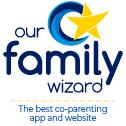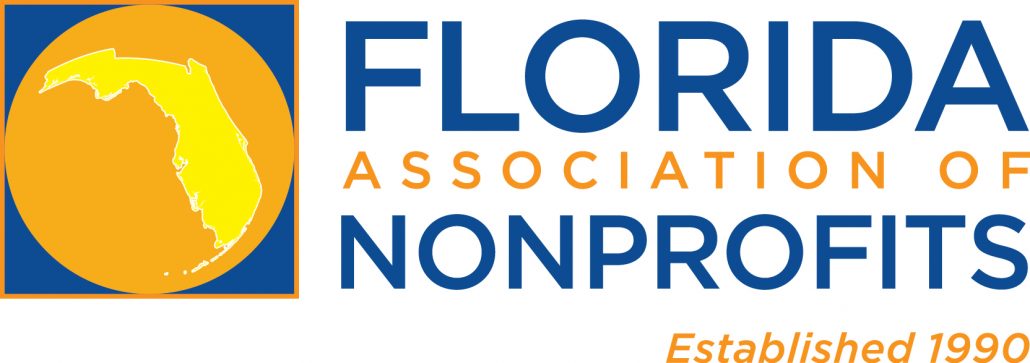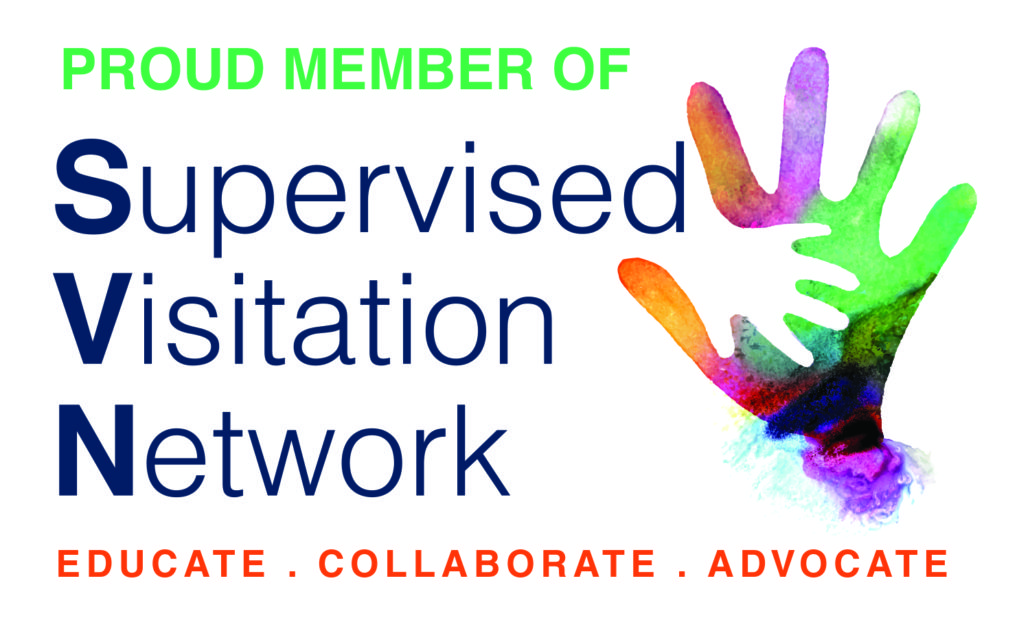Training for Your Agency’s Professional Development
Friends, the world of family change is challenging for all family members. Increasingly, it is becoming more important for family professionals to understand the nature of families when parents separate and divorce. The Toby Center is pleased to offer professional training to help your staff understand more about the multiple challenges that parents have when parents separate.
Clearly, the world of social media, feelings of isolation, inadequacy, and frustration with the legal system all stir the pot of anxiety, fear, and anger. We can help!
Let a Toby Center consultant train your staff to deliver more effective programming with knowledge and skills in co-parenting, blended family, and child access issues – all provided by Toby Center in your area. Your staff will feel more empowered, more confident when delivering your programs with a clearer understanding of the strained dynamics in separated and divorcing families.
Contact Us! A specialist is available for your agency’s training needs and consultation!
Click on each title for description:
Advocacy for Non-Profits: Blending Advocacy with Human Services
Anger Management: Resolving Conflict Through Personal Awareness
Buddy Lunch: Peer Support for Public School Students
Domestic Abuse: Understanding Violence and Aggression
Family Law: Issues and Process
Fight or Flight: Remaining Calm Under Stress
Parents in Conflict and the Child with Dual Loyalties
Rebuilding Relationships
Resolving Conflict through Mediation
Single Parenting: Facts and Myths
Training Information Request
Advocacy for Non-Profits: Blending Advocacy with Human Services
This seminar will examine the status of non-profits historically and discuss their ability to bring issues and needs to those gatekeepers as funders, contributors, and policy makers. Non profit organizations have multiplied over the last fifty years, often with increasing responsibilities for providing community services absent from government. As funding opportunities have lessened, organizations have downsized, reexamined their mission statements and sought out collaborations. This phenomenon compels organizations to engage marketing, networking and public advocacy.
Goals:
- This seminar offers strategies to identify mission and attainment when recession and job loss characterize economic changes.
- It offers guidelines for coping with change without inciting fear within organization rank and file and among the public served by the organization.
Anger Management: Resolving Conflict Through Personal Awareness
This course is designed to help clients learn what triggers their anger, strategies for managing their anger, alternate ways for expressing their anger and the consequences of anger. Students learn the “red flag” warnings about problem behavior and a variety of tools and strategies for taking control of their feelings. The goal is to find more effective skills to make conflict resolution a normal behavioral strategy when stresses become overwhelming and too challenging.
Goals:
- To help control the feelings of anger and utilize appropriate choices regarding how to act upon those feelings.
- To understand how to set and respect your boundaries and the boundaries of others.
- To explore the consequences of anger that is left uncontrolled and how improperly expressed anger can produce difficulties with family, friends, co-workers and acquaintances.
- To teach healthier alternatives that would enhance and improve their relationships.
NOTE: Half day and full day training options available.
Buddy Lunch: Peer Support for Public School Students
Buddy Lunch is for group facilitators and public school group leaders who may like to incorporate a compassionate, supportive and empowering peer network for children whose parents are divorcing/divorced/separated/living apart. This program will provide a framework for service providers to create a developmentally appropriate peer support network for children who are dealing with dual families and/or residences. It will further improve communication between parents, children and schools/servicing agencies.
Goals: Learners should be able to:
- Teach children to recognize and identify feelings associated with the change in family structure and associated challenges.
- Facilitate and model discussion among children about the shared experiences they are encountering.
- Teach children counter brainwashing strategies. These strategies will be used by the groups to come up with ideas as to how to make their family experiences healthy and positive.
- Work with children to list the ways in which their new families are still the same as they have always been (i.e., parental love and support) as well as how they are different.
- Teach children to articulate their feelings and needs within the group.
Domestic Abuse: Understanding Violence and Aggression
Each year many children are exposed to destructive behavior that takes place in the home. The impact translates into aggressive and violent young people, who become bullies, criminals and even murderers. This course is designed to help parents understand their role in the complex issue of domestic violence and how they can help their children overcome the consequences of long-term exposure.
Goals:
- To look at the cognitive, emotional and behavioral consequences of domestic abuse on their children.
- To examine the signs and symptoms of abuse.
- To help their children understand the impact violence has on their relationships and futures.
- To break the cycle of abuse through understanding and alternative behaviors.
Family Law: Issues and Process
Presentation of the legal process for family issues including divorce, custody, separation, and reunification. Special attention will include examination of the Children’s Best Interest standard in Family Law. Seminar participants will learn how Family Law has evolved and what current issues are as identified through public policy, legal statute and contemporary society. Discussion will focus on how families become impacted by Family Law and processes. Additional attention will examine the social science research addressing child and family outcomes today.
Goals:
- To understand how the courts view the divorce process and how that process functions mechanically, from initial motions for separation to final orders.
- Attention will be given to current programs in anger management, parent education and the role of Guardians Ad Litem, Attorney for the Minor Children and mediation.
- DThe discussionexamines how children are caught in the middle, how they view parental discord and how the courts may remedy these extreme situations.
- PThe presentationdiscusses how the court defines domestic violence, view allegations of and demonstration of abuse and the procedure for restraining orders and prosecuting domestic violence perpetrators.
Fight or Flight: Remaining Calm Under Stress
Is it possible to restrain the natural responses of fighting or fleeing when stress overtakes aan individual Can we as family professionals or parents remain focused on our mission to educate and guide without confrontation? When does our stress level impede our maximum efforts to produce in the workplace or complete our responsibilities at home? This workshop offers tools for finding clarity, diffusing aan rgument and delivering our message mindfully without the distractions that accompany opposition and conflict.
Goals:
- To become self-aware of our body-mind connection.
- To recognize when we are stressed.
- To learn interventions for stress reduction.
- To gain an ability for respectful and clear communication of our stress and associated factors to those around us.
- How to acknowledge our work/family dynamics so that we can live and work in a reduced stress causing ethe nvironment.
Parents in Conflict and the Child with Dual Loyalties
This seminar examines children’s reactions and responses to parental conflict. It identifies the means for improving child behavior and satisfaction based on requirements for their age and maturity. The program will help to reframe motives and behaviors among parents and children during parental conflict, separation and divorce. It will offer an understanding of conflict sources and recommend ways for reducing conflict between parents and children’s hostile reactions to inter-parental conflict. Parental interventions will be offered for modifying attitudes, improving delivery of professional services and identifying new paradigms for professional collaborations.
Goals:
- To review the process of parental disengagement when love leaves the relationship.
- To identify the behaviors which may accompany parental disengagement including separation and divorce.
- To provide protocols for improving individual outcomes when parents separate.
- To suggest measures to offer disengaged families to improve effectiveness in child custody and access (visitation).
Rebuilding Relationships
The Rebuilding program emphasizes ownership, communication, awareness, self-responsibility, and the relationship skills necessary to create and maintain more healthy, happy, and loving relationships. Research shows that a child’s adjustment is directly related to how well their parent’s have adjusted. This seminar will help empower parents with increased self-esteem and confidence in making life choices.
This is primarily a training program for group facilitators based on an eleven week program of three hour weekly sessions. It is designed to build a supportive networking among participants who have had marital difficulties and separating and/or divorcing adults who are having difficulty with the adjustments to end of their love relationship. Those who have lost a life partner will benefit from the skills in this program. The program helps people move more quickly through the emotional rebuilding process in a healthy way by maximizing the healing and growth necessary to allow them to be better parents, friends, employees, citizens and human beings. Facilitator Training is divided into two day long parts.
Goals:
- To introduce individuals to the challenges associated with transitioning through the difficult emotional adjustment process of a separation and/or divorce.
- It helps create awareness, ownership, growth, personal responsibility, and commitment to making a better life for themselves, their families and the community.
- Group facilitators will learn some sensitivity skills in dealing with individuals in divorce loss and recovery. They will also relearn mindfulness in their approaches with this population which requires acknowledgement, recognition and support.
- Certification in Relationship Mentoring offered by The Toby Center for Family Transitions will be provided by participants.
Resolving Conflict through Mediation
This seminar examines the role of Mediation in problem solving and human conflict. The emphasis is on adapting mediation styles and form to unique conflict situations to improve the agreement outcomes sought through the mediation process. The workplace and the home are very different environments but where adults find themselves most of their daily lives. This program will consider historical and common sources of conflict in these locations, how they are similar and how they are different.
Goals:
- To provide individuals working definition of mediation based on goal and environment.
- To create an awareness of when mediation will be useful.
- To show how to adapt mediation methods to avoid or reduce the challenges of co-workers and co-parenting.
- To understand the formal role of mediation in resolving family issues including that of court ordered family mediation.
- To learn about cultural sensitivities to conflict, conflict avoidance and conflict resolution.
- Cultural and social model constructs will be identified with special consideration towards dealing with parties across culture and social limitations.
Single Parenting: Facts and Myths
Single parents have unique challenges and opportunities when raising pre-K and adolescent children. Many children are being born to young, unwed mothers. Many are being raised by those who divorce early in their marriage when children are barely out of the toddler stage or elementary school age. This seminar will present the numerous profiles of the single parent, including those who are residential (custodial), non-residential, widow (or widower), teen or adult. We will examine the dynamics of such family structures including grandparents raising grandchildren. Family professionals will learn methods to better assist these populations. Interventions for strengthening relationships will be discussed with a focus on improving child outcomes.
Goals:
- To provide the backdrop of births, family structure and parental ages.
- To learn about the cultural stereotypes, myths and truths regarding child rearing.
- To understand the variations among single parent households where moms or dads are absent, the role of extended families and the financial, emotional and social challenges to single parenting.
- To examine opportunities for single parenting and improving child outcomes.
- Recommendations for program managers, case workers and service providers to learn intake skills which may help obtain cultural information, family values and individual expectations.







